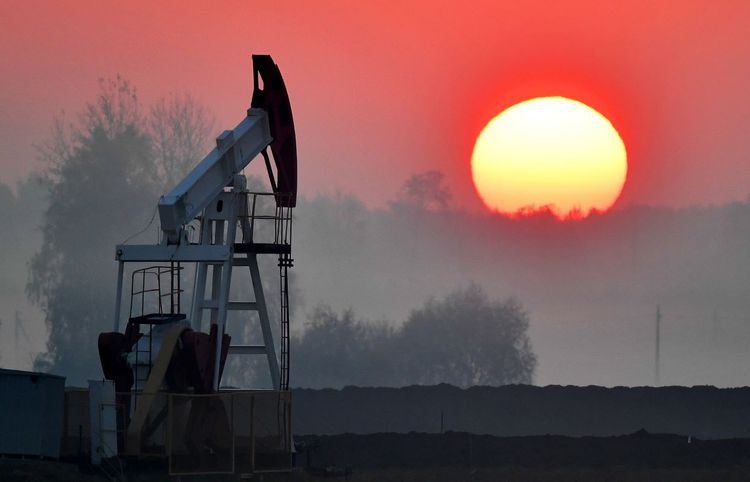BAKU, Azerbaijan, Feb.18
By Leman Zeynalova – Trend:
The latest rise in the price of oil could push current account and budget balances into surplus in many of the EM producers, Trend reports citing the UK-based Capital Economics research and consulting company.
“It should ease any concerns about dollar pegs in the Gulf, although we think the currencies of Angola and Nigeria will still need to weaken further. Meanwhile, higher oil prices will push up headline inflation across EMs, with the spike in Q2 set to be even larger than we’d previously thought. But central banks are likely to look through this.
Oil prices have risen sharply in recent weeks and the prospect of resurgent demand later in the year, coupled with constrained supply, has prompted us to revise up our forecast. We now expect that Brent crude will end the year at $70pb, compared with its current level of $64pb (our previous forecast was $60pb). Our end-2022 forecast remains unchanged at $55pb,” the company said in its latest report.
Capital Economics believes that for EM oil producers, this is of course good news. “There are two channels through which GDP will receive a boost. First, while OPEC+ plans to maintain its current production quotas through to the end of March, ministers may be tempted at their meeting early next month to ease production quotas from April. Higher oil output would boost GDP mechanically via an increase in output in the mining sector.”
Second, the rise in prices (and higher oil output if OPEC+ quotas are eased) will boost export incomes, most of which accrue to governments due to high marginal tax rates, according to the company.
“That will result in a big improvement in budget and current account positions. Indeed, many of the largest producers will be running current account surpluses (and some will be running budget surpluses too). The important question for GDP growth is whether that additional income is saved or spent. We suspect that fiscal policy will remain tight in most oil producers, which will hold back recoveries from last year’s recession. But fiscal squeezes may not be as large as we had previously anticipated.
In the meantime, the rise in prices should remove any lingering concerns about dollar pegs in the Gulf, although we do still expect weakness in the Nigerian naira and Angolan kwanza. For the Russian ruble, higher oil prices would argue in favour of further appreciation, but that also hinges on whether the current sanctions-related premium persists,” said Capital Economics.
The report says that for EM oil importers, the rise in oil prices will result in higher import bills. “Given that current account deficits have narrowed sharply (or have swung into surpluses), this doesn’t pose a major threat. The rise in oil prices will also push up EM inflation. On past form, our forecast is consistent with aggregate EM fuel inflation peaking at 30 percent y/y in Q2.”
Follow the author on Twitter: @Lyaman_Zeyn






